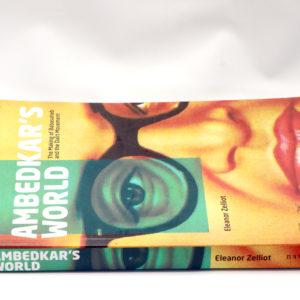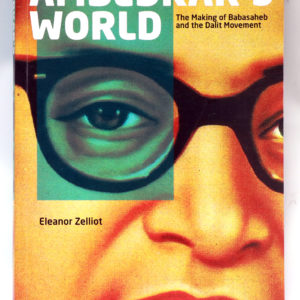Kingdom’s End: Selected Stories | Saadat Hasan Manto
₨ 638.40
This collection brings together some of Manto’s finest stories, ranging from his chilling recounting of the horrors of Partition to his portrayal of the underworld. Writing with great feeling and empathy about the fallen and the rejects of society, Manto the supreme humanist shows how the essential goodness of people does not die even in the face of unimaginable suffering. Powerful and deeply moving, these stories remain as relevant today as they were first published more than half a century ago.
- Categories: Books, Fiction
- Tags: Kingdom's End: Selected Stories, Leftshop, leftshopnepal, radical readings, rare books, rare readings, red books, Saadat Hasan Manto
The most widely read and the most translated writer in Urdu. Saadat Hasan Manto (1912-1955) is also the most controversial: he was tried for obscenity no less than six times, both before and after the departure of the British from India in 1947. In a writing career spanning over two decades, Manto, one of Urdu’s great stylists, produced a powerful and original body of work including short stories, a novel, radio plays, essays and film scripts.
This collection brings together some of Manto’s finest stories, ranging from his chilling recounting of the horrors of Partition to his portrayal of the underworld. Writing with great feeling and empathy about the fallen and the rejects of society, Manto the supreme humanist shows how the essential goodness of people does not die even in the face of unimaginable suffering. Powerful and deeply moving, these stories remain as relevant today as they were first published more than half a century ago.
Related products
Purple Hibiscus is set in postcolonial Nigeria, a country beset by political instability and economic difficulties. The central character is Kambili Achike, aged fifteen for much of the period covered by the book, a member of a wealthy family dominated by her devoutly Catholic father, Eugene. Eugene is both a religious zealot and a violent figure in the Achike household, subjecting his wife Beatrice, Kambili herself, and her brother Jaja to beatings and psychological cruelty.
The story is told through Kambili’s eyes and is essentially about the disintegration of her family unit and her struggle to grow to maturity. A key period is the time Kambili and her brother spend at the house of her father’s sister, Ifeoma, and her three children. This household offers a marked contrast to what Kambili and Jaja are used to. It practices a completely different form of Catholicism, making for a happy, liberal place that encourages its members to speak their minds. In this nurturing environment, both Kambili and Jaja become more open and more able to voice their own opinions. While at Aunty Ifeoma’s, Kambili also falls in love with a young priest, Father Amadi, which awakens her sense of her own sexuality.
Purple Hibiscus is an exquisite novel about the emotional turmoil of adolescence, the powerful bonds of family, and the bright promise of freedom.
The Making of Babasaheb and the Dalit Movement
Arrow of God is a 1964 novel by Chinua Achebe, his third. It followed his book Things Fall Apart. These two works, along with the third book, No Longer at Ease, are sometimes called The African Trilogy, as they share similar settings and themes. The novel centers on Ezeulu, the chief priest of several Igbo villages in Colonial Nigeria, who confronts colonial powers and Christian missionaries in the 1920s. The novel was published as part of the influential Heinemann African Writers Series.
The phrase “Arrow of God” is drawn from an Igbo proverb in which a person, or sometimes an event, is said to represent the will of God. Arrow of God won the first ever Jock Campbell/New Statesman Prize for African writing.
with an Introduction,‘The Doctor and the Saint’ by Arundhati Roy
Annihilation of Caste ‘posseses a generic openness to the wounds and decisions of existence which can breach the prisons of the world as no amount of scholarship can’—Biblio
Read a comprehensive interview with Arundhati Roy in Outlook, where she says, ‘Caste is at the heart of the rot in our society. Quite apart from what it has done to the subordinated castes, it has corroded the moral core of the privileged castes. We need to take Ambedkar seriously.’








Reviews
There are no reviews yet.